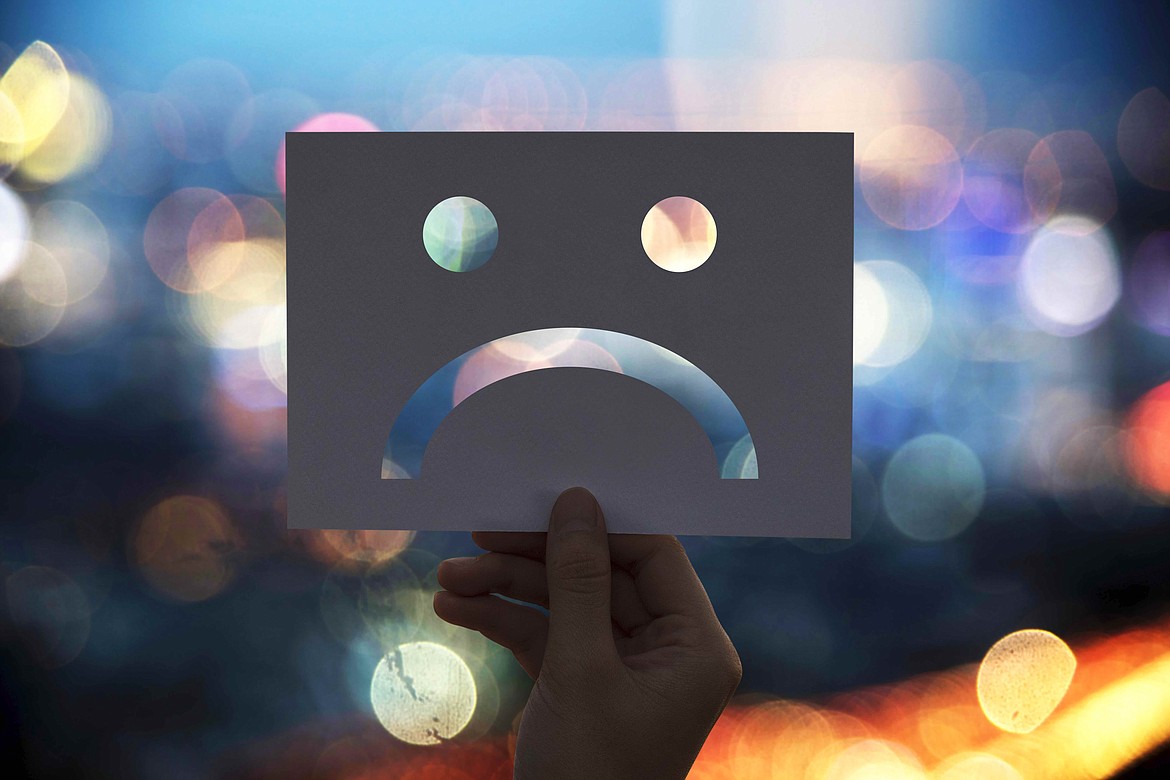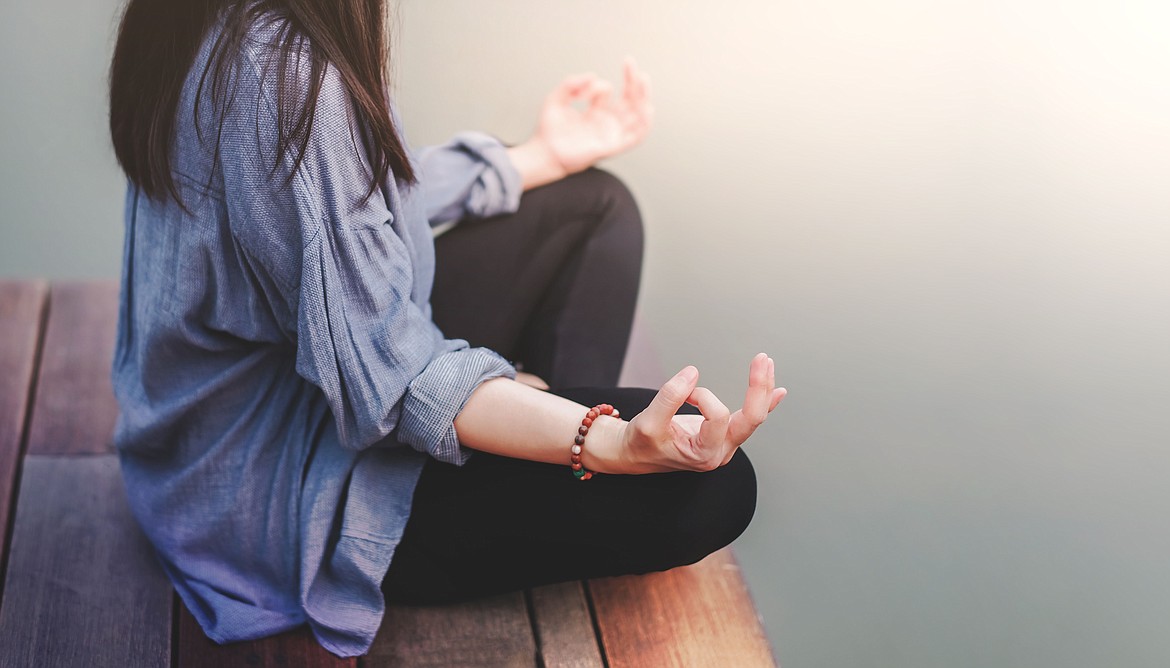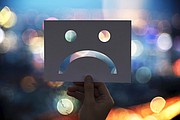A case of cabin fever Coronavirus presents mental health challenges for everyone
By MARC STEWART
Heritage Health
Americans are adjusting to the new normal.
People are working from home. Schools are closed and community events are canceled. Some states are locked down.
We’re learning new phrases like social distancing and flattening the curve.
“As the coronavirus spreads across the United States, fear and anxiety accompany the disease,” said Jodi Smith, Heritage Health’s Director of Family Support Services.
“We need to take care of ourselves from the inside out,” said Smith. “Our immune systems can be weakened by sustained stress and worry. We need to be mindful of our mental health during this public health crisis.”
People feel helpless and can demonstrate negative emotions due to a lack of control over the situation.
It’s a human response.
“It’s not uncommon to have what we call the fight, flight or freeze,” said Smith. “This heightened state of response is helpful in the event of imminent threat. When this heightened state of response is prolonged or repeated over and over again without the immediate threat, we establish behaviors/habits that are a result of panic and acute distress that can be hard to break.”
We all know what we should do if we crossed paths with a mountain lion, but what about an unseen threat like the coronavirus?
“In this situation, there is a potential threat for everybody, but it’s not immediate that you need to deflect. Try not to react strongly and out of panic. When you do that, you engage the part of the brain that is not rational or logical.”
Smith recommends using calming strategies like meditation, taking deep breaths and being mindful of what’s happening around you to calm down and to reduce anxiety.
Take a deep breath, breathing slowly – in through your nose and exhaling through your mouth.
Focus on your other senses, sight, smell, hearing and touch. This allows you to live in the moment without trying to find a solution to a crisis.
Smith also recommends people limit their media and social media consumption.
“Watching or reading the news can be frustrating, depressing, confusing and is likely to increase anxiety,” she said. “Turn off the TV. Go outside, get some fresh air.”
Smith worries that social distancing will cause people to isolate themselves too much.
“There is a difference between isolation and social distancing. Now is not the time to isolate,” said Smith. “While it may be necessary to avoid close, direct contact with others, be sure to keep in contact with loved ones via other methods. Pay special, close attention to your elderly family members neighbors and friends, who tend to be more isolated in general.
“This is an opportunity to connect with your family and children. Find fun activities that engage everyone. Talk to your children and practice good self-care.”
If you’re suffering from anxiety or depression, reach out for help.
“We’re here to listen and to make sure the community’s mental health needs are met during this time. We are now offering telehealth opportunities for patients.”
Heritage Health’s Family Support Services is now offering same-day appointments for people suffering from anxiety, stress, and depression. Heritage Health remains open for intakes on Mondays and Thursdays from 9:30 a.m. -1 p.m. and are offering routine visits via virtual or telephonic methods. Please call today (208) 769-4222.





